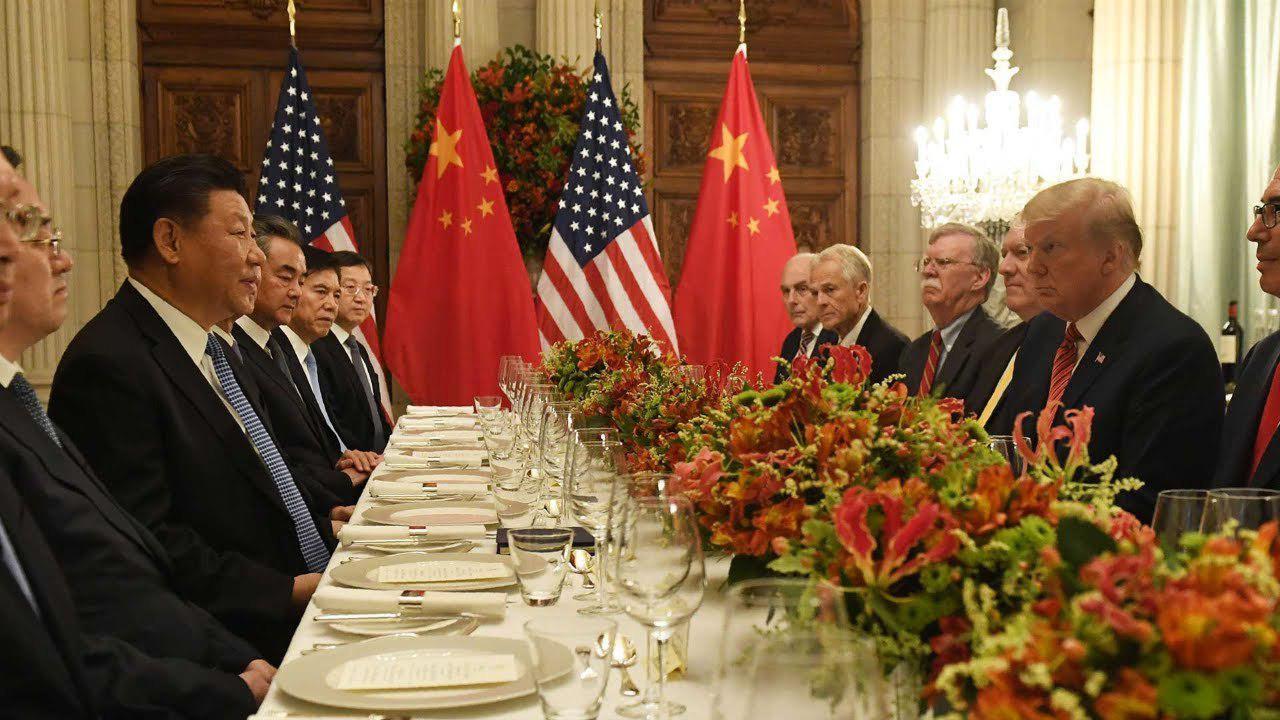NEW YORK, June 13 (Xinhua) -- The United States and China should work together to end the ongoing trade disputes and step up cooperation in all fields, experts said here Wednesday during a Sino-U.S. forum.
Trade disputes will harm both the United States and China while cooperation could benefit both, Wang Pijun, secretary general of the Western Returned Scholars Association, said at the association's first Sino-U.S. Economic and Trade Forum held in New York city.
In the name of protecting domestic industries, Washington has placed steep tariffs on billions of U.S. dollars' worth of products from China, a heavy blow to the two countries' economic and trade relations.
U.S. tariff hikes on China have led to a bigger trade imbalance in the United States and also harmed the global economy, said Xu Hongcai, deputy director of the Economic Policy Commission at the China Association of Policy Science, who also attended the forum.
To resolve its trade imbalance, the United States should strengthen its structural reform and further open up, instead of stirring up trade disputes with China, Xu said.
The United States could increase exports of high technology and services to China, rather than reducing imports from China, he added.
Experts said Washington's tariff measures have put U.S. state governments in a difficult situation as many of them embrace free competition and an open market.
"I cannot tell you how challenging and frustrating it is at times, because within (the) state of Tennessee ... we do not believe in trade wars," said Bob Rolfe, commissioner of the Tennessee Department of Economic and Community Development.
Chinese companies have so far invested 450 million U.S. dollars and provided over 3,800 employees to 22 companies in Tennessee, Rolfe said.
"Even in these very difficult times we are continuing to recruit Chinese companies to Tennessee," he said.
Meanwhile, many U.S. companies have decided to invest more in China, said Russell Flannery, Shanghai bureau chief of Forbes magazine.
For example, both Starbucks and Yum China are expanding their network of chain stores while Johnson & Johnson and Microsoft are enlarging their operations in China's business hub Shanghai, Flannery said.
Experts also urged both countries to boost people-to-people exchanges and in-depth communication to resolve existing conflicts.
Both sides should listen to each other and figure out ways to promote mutual understanding and friendship to end the trade disputes, said Leslie Wolf-Creutzfeldt, president of the global marketing firm Heinlyn Public Relations.
"There has been a decrease in interaction and that is a loss-loss for each other," said Wolf-Creutzfeldt.
Chinese scholars and students in the United States could do more to help enhance mutual understanding between the two sides, said Wang.
